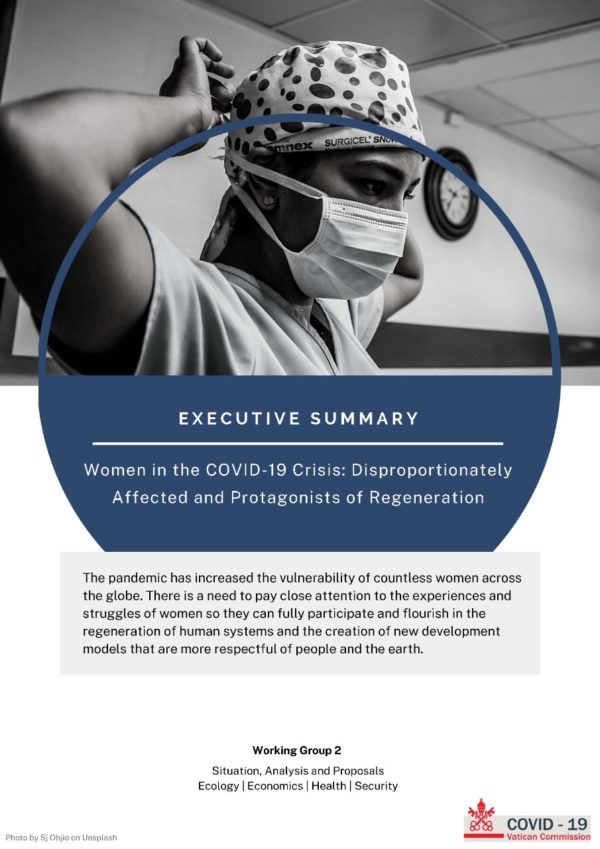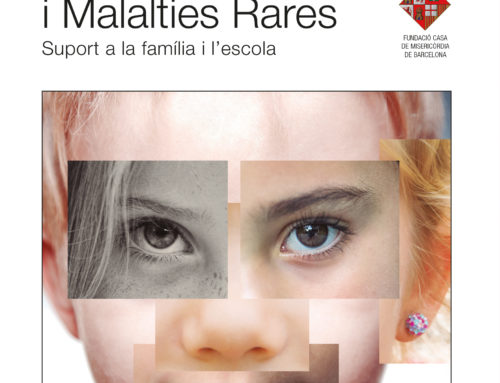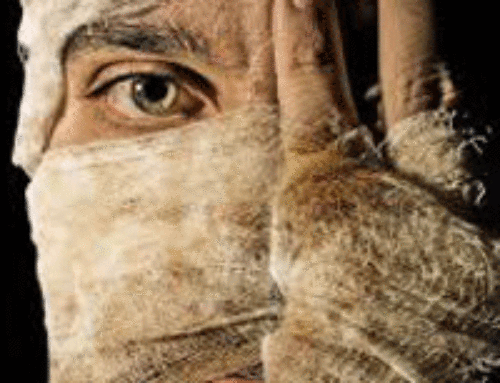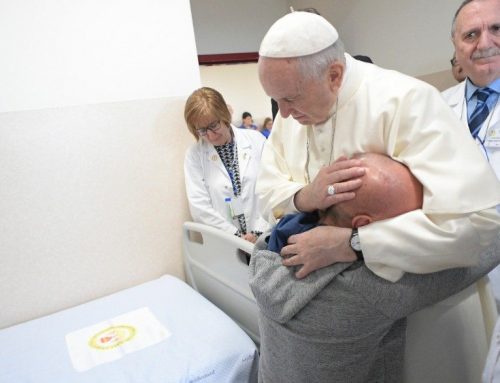Disproportionately affected and protagonists of regeneration
The new transversal Executive Summary-Newsletter the Vatican Covid-19 Commision
.jpg.jpg/_jcr_content/renditions/cq5dam.web.1280.1280.jpeg)
Coinciding with the International Women’s Day 2021, it is a pleasure to announce the publication of a new cross-cutting Executive Summary of the Vatican Covid-19 Commission titled “Women in the COVID-19: Disproportionately affected and protagonists of regeneration”
Elaborated by the four different Taskforces of Working Group 2, in only 7 pages structured in See, Judge, and Act, we want to shed light and analyze the specific situation that women have suffered and continue to suffer during this Covid-19 pandemic. This document includes the specific vision of the Catholic Church in this regard as well as concrete examples and cases around the world that better exemplify the situation.
Below we provide only an extract of the general context included in the chapter VIEW. Download and read the full document. “Women in the COVID-19: Disproportionately affected and protagonists of regeneration”
—
The pandemic has increased the vulnerability of countless women across the globe. There is a need to pay close attention to the experiences and struggles of women so they can fully participate and flourish in the regeneration of human systems and the creation of new development models that are more respectful of people and the earth.
In the midst of the pandemic, discriminatory social norms compounded by other disadvantages (e.g. poverty, race, ethnicity, and religion) have increased the vulnerability of countless women across the globe. Despite this, many women have shown great resilience in balancing work and family life and coping with the threat and reality of infection.
While women are bearing the brunt of the pandemic, they have been excluded from much of the Covid-19 decision-making in many countries, largely due to enduring underrepresentation in senior positions in key fields of medicine and politics. This may have contributed to the lack of explicit attention paid to the COVID-19 pandemic’s negative impacts on women and girls. Countries with women leaders, however, have generally fared better overall during the pandemic. These leaders approached the crisis in a similar way: they consulted early with health experts and implemented containment measures early.
The Covid-19 pandemic has long-lasting implications for global human security. In general, women leaders invest more in human security. Women’s participation in peace and security accords make peace more sustainable; such accords are 35% more likely to last at least 15 years, and 64% less likely to fail.
The greater the role of women in a peace campaign, the larger the correlation with nonviolent methods, even in highly repressive contexts. On the occasion of International Women’s Day for Peace and Disarmament in May 2020, 235 women leaders from around the world expressed deep concern about the pandemic and affirmed the value of their active participation in peace processes.







